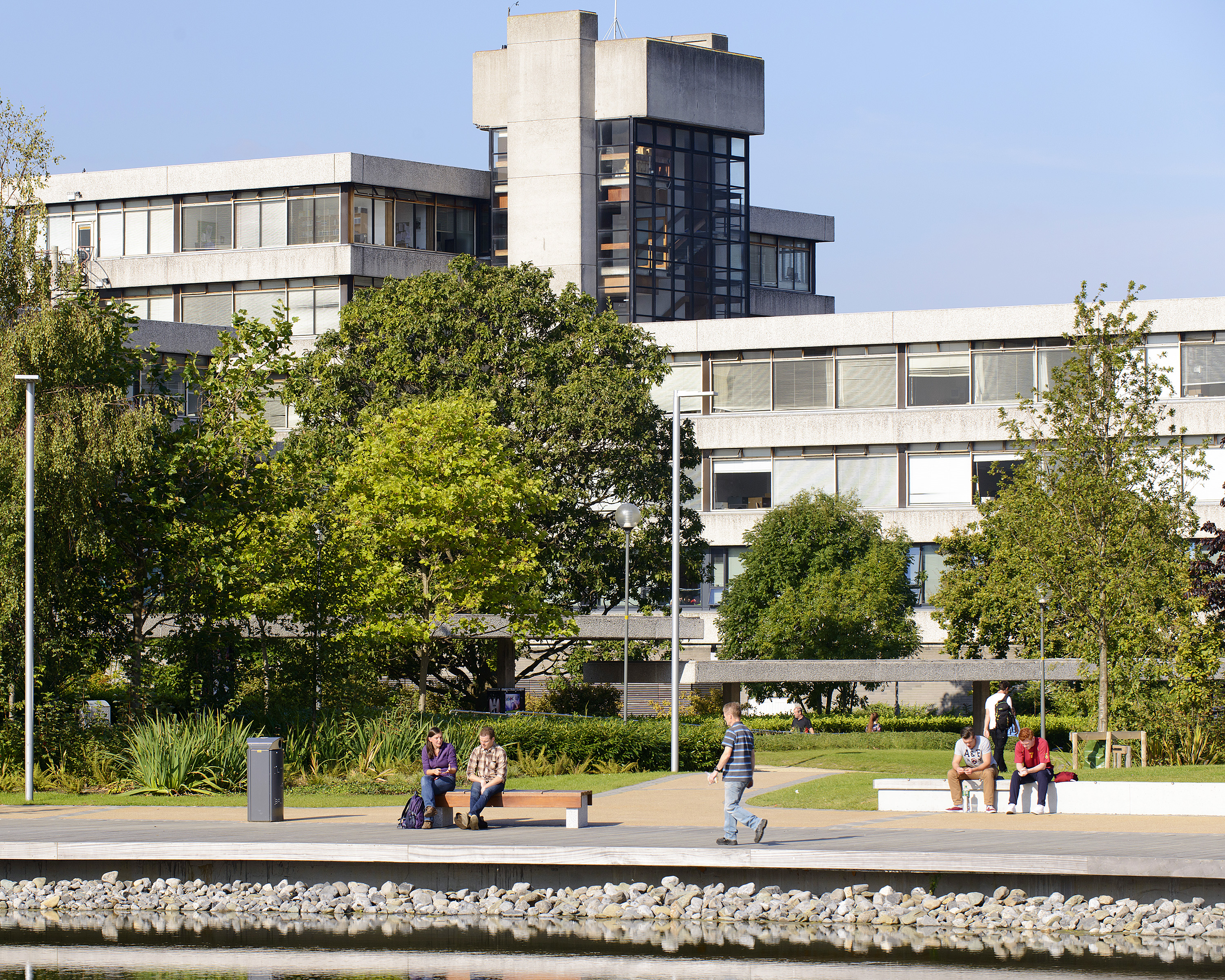Open Research
Understanding Open Research
What is Open Research?
Open Research (OR), also known as Open Science or Open Scholarship, is a movement built on the core values of transparency, integrity, and collaboration. It aims to make all research knowledge covering every field openly available, easy to access, and simple to reuse for the benefit of everyone. (opens in a new window)National Action Plan for Open Research 2022-2030
As part of Ireland’s endorsement of the UNESCO Recommendation on Open Science, the following definition is adopted:
Open science is defined as an inclusive construct that combines various movements and practices aiming to make multilingual scientific knowledge openly available, accessible and reusable for everyone, to increase scientific collaborations and sharing of information for the benefits of science and society, and to open the processes of scientific knowledge creation, evaluation and communication to societal actors beyond the traditional scientific community.
(opens in a new window)UNESCO Recommendation on Open Science (2021)
Why it matters?
Open Research matters because it facilitates wider sharing and collaboration, which accelerates the discovery process, improves the quality of research, and makes science more impactful. This is relevant to research supervisors and students irrespective of discipline, across the world.
Open Research practices
The (opens in a new window)European Commission’s Strategy of Research and Innovation 2020-2024 sets a number or Open Research practices directed at researchers and research institutions that can be summarised as follows:
- Share your research early, including your plans (pre-registration) and initial findings (pre-prints), and place your raw data into shared online repositories. Encourage open teamwork among researchers and involve people outside academia in the research process.
- Ensure that all your research outputs (i.e publications, data etc) are immediately and freely available to everyone.
- Design your research so that others can easily check your work and repeat your experiments to confirm the results.
- Manage your research outputs responsibly by following the FAIR principles, which ensure data is Findable, Accessible, Interoperable, and Reusable (easily found, accessed, understood, and used again).
- Actively involve the public in research (often called Citizen Science) to promote innovation and strengthen public confidence in scholarly work.
Further Support at UCD
UCD Library offers numerous supports and provides comprehensive guidance for researchers engaging with (opens in a new window)Open Research (OR) and (opens in a new window)Open Access (OA). There is foundational information, including the definition and explanation of key terms on the (opens in a new window)OA Glossary. For publishing, the library offers practical advice on (opens in a new window)How to Publish Open Access, assists in navigating (opens in a new window)OA Publishing Agreements and interpreting specific (opens in a new window)Funders' Requirements as well as policies such as (opens in a new window)Rights Retention & Plan S. Researchers can also receive help managing their copyright through (opens in a new window)Creative Commons Licensing and addressing issues such as (opens in a new window)Theses as a Collection of Papers: Copyright. Finally, the library maintains the institutional platform, the (opens in a new window)Research Repository UCD, and offers resources for finding (opens in a new window)OA Materials and publishing (opens in a new window)OA and Books, ensuring researchers can efficiently comply with mandates and maximize the visibility of their work.
Further resources
- Publish Open Access – UCD Promote your Research
- Funder Requirements for Open Access – UCD Research
- Open Science – UCD Research
- Engaged Research – UCD Research
- Citizen Science – UCD Research
- (opens in a new window)National Action Plan for Open Research
- (opens in a new window)National Principles for Open Access Policy Statement
- (opens in a new window)Open Research Europe
- (opens in a new window)Open Science - EU
- (opens in a new window)UCD CSTAR - Journal Club

